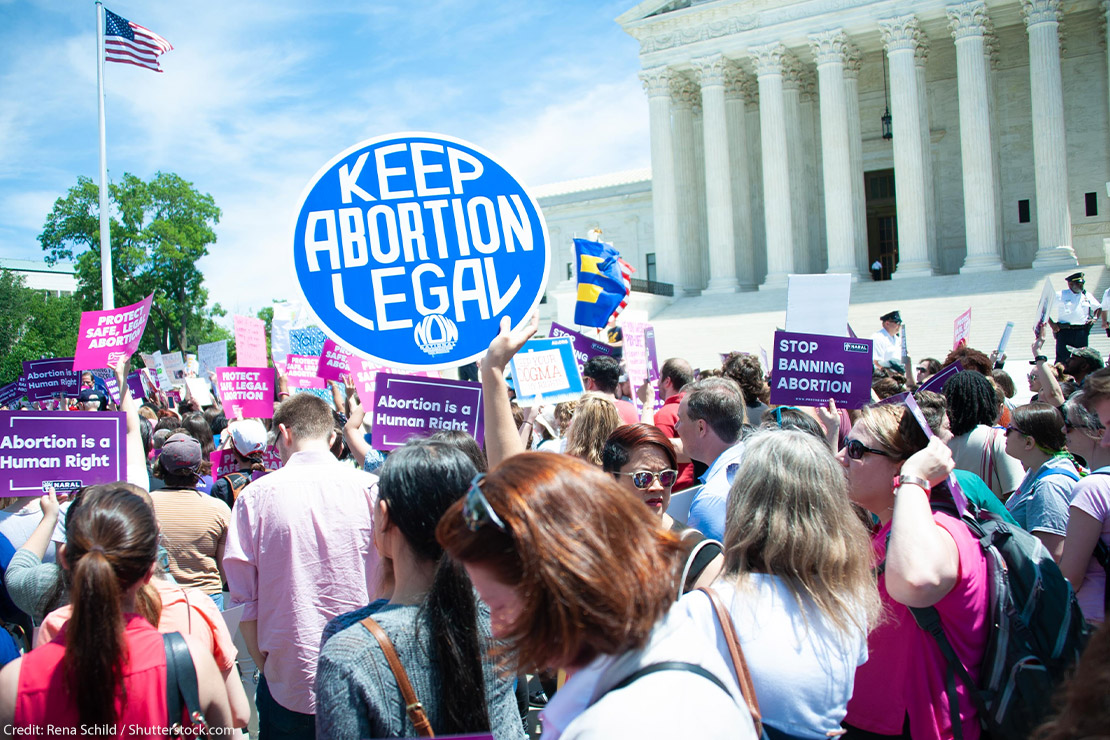One-size-fits-all bans on abortion do not work for patients — or their doctors.
This op-ed was originally published in Tampa Bay Times.
I have been a doctor in Miami for more than 40 years. I am board-certified in obstetrics and gynecology, and have served as chairperson of the Department of Obstetrics and Gynecology at both Baptist and South Miami Hospitals. I currently serve on the department advisory committee at Baptist Hospital.
I have cared for thousands of women and delivered thousands of babies. I treat my patients with compassion and understanding.
Today, women in Florida have fewer reproductive rights than they did 40 years ago. Abortion restrictions jeopardize the health and well-being of women of childbearing age, women who have complications, such as pre-term premature rupture of membranes, and women who have life-threatening conditions, including cancer.
This area of medicine is too complex to legislate, too complex for people who are not trained in medicine and not prepared for the myriad complications and complexities of each situation.
I have worked hard to improve the quality of medical care, especially for women, which is why I am deeply concerned to see politicians making politically inspired medical judgments, especially those that threaten women’s health.
That’s exactly what Florida Attorney General Ashley Moody’s effort to create medical and legal confusion where there is none would do. She is trying to deny Floridians the right to vote to impose limits in our state Constitution that would prevent government interference with abortion.
The full text of the proposed amendment, titled “Amendment to Limit Government Interference with Abortion,” reads as follows: “Except as provided in Article X, Section 22, no law shall prohibit, penalize, delay or restrict abortion before viability or when necessary to protect the patient’s health, as determined by the patient’s healthcare provider.”
Yes, every pregnancy is different. But Moody is wrong to claim that because pregnancies vary, “viability” does not have a specific meaning in the abortion context.
Moreover, because each pregnancy is unique, the constitutional amendment, if the people are allowed to vote on it and should it be adopted, will ensure that doctors can provide the best medical treatment in the individualized circumstances of their patients.
If voters approve, the amendment will ensure that medical professionals, not politicians, can advise patients on whether an abortion is needed to protect the patient’s health or whether a fetus has reached viability.
Doctors have been determining the viability of a fetus in order to advise patients about abortion — as a matter of constitutional right of their patient — in the almost 50 years since the U.S. Supreme Court decided Roe v. Wade in 1973. Moody’s attempt to propose a new definition of viability is unconvincing and unsupported.
She conveniently ignores how viability is already defined, and her words undermine scientific knowledge, extensive research and the professional expertise of doctors and medical researchers. The U.S. Supreme Court, the Florida Supreme Court, the state of Florida, the medical community — and even your everyday dictionary — clearly and consistently define viability as the state of fetal development when the life of the fetus is sustainable outside the womb.
Viability has been defined this way in Florida law since 1979 and in federal law since 1973. One-size-fits-all bans on abortion do not work for patients — or their doctors. Doctors must be allowed to care for their patients’ health, which requires that they be allowed to treat their patients on a case-by-case basis.
Contrary to Moody’s claim, there is no medical — or even legal — confusion about the meaning of viability. Her tactic to create confusion, though, does have a political point. Her words are designed to convince the justices of the Florida Supreme Court that they should deny Floridians the right to vote to amend their own Constitution to protect access to abortion.
But the state Constitution belongs to the people, not the politicians.
Regardless of Moody’s tactics, one thing is clear: Floridians deserve a chance to make their voices heard by signing the petition to put access to abortion on the ballot and voting on it in 2024.
To support the ballot initiative, go to floridiansprotectingfreedom.com.
James Esserman, MD is a physician who is a board-certified obstetrician-gynecologist in South Miami.

